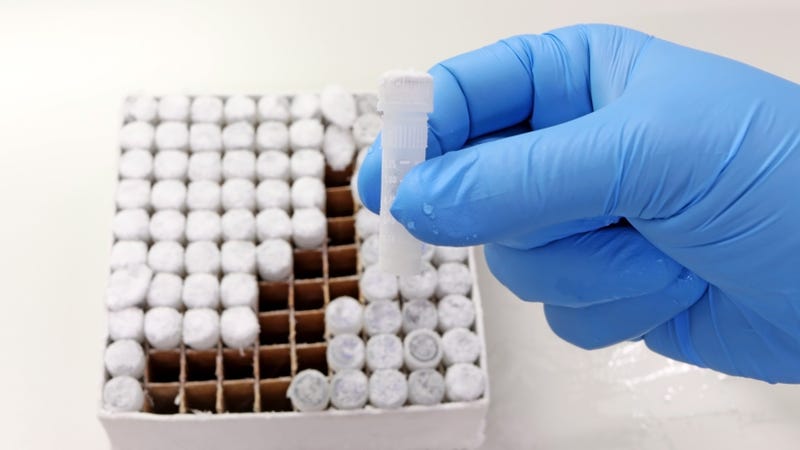
The Department of Veterans Affairs will soon provide in vitro fertilization or IVF to unmarried veterans and eligible veterans in same-sex marriages.
IVF will also be provided by VA to veterans using donated sperm or eggs in “a critical step toward helping veterans who are not able to produce their own sperm or eggs due to service-connected injuries and health conditions,” it said in a statement.
“Raising a family is a wonderful thing, and I’m proud that VA will soon help more veterans have that opportunity,” said VA Secretary Denis McDonough in a recent statement. “This expansion of care has long been a priority for us, and we are working urgently to make sure that eligible unmarried veterans, veterans in same-sex marriages and veterans who need donors will have access to IVF in every part of the country as soon as possible.”
The statement notes that VA has advocated for the expansion for years and has submitted repeated legislative proposals to expand IVF services at VA.
Under existing law, all veterans who receive IVF from VA must be unable to procreate without the use of fertility treatment due to a health condition caused by their military service. That meant VA was only allowed to provide
IVF services to veterans who were legally married and – within that relationship – able to produce their own gametes (both eggs and sperm).
VA expects to be ready to deliver this care nationwide in the coming weeks.
All veterans enrolled in VA health care are eligible for a wide range of reproductive health services at VA – including maternity care, gynecology care, access to contraceptives, cervical cancer screening, menopause care, and more. All enrolled veterans are also eligible for fertility evaluation, management and select treatment for fertility conditions.
VA can also cover up to $2,000 in adoption expenses for veterans who have a service-connected disability that causes infertility. Current law prohibits VA from covering surrogacy costs for any veteran.
Last year, VA also expanded to maternity care coordinators to 12 months post-partum. These coordinators help veterans navigate health care inside and outside of VA, connect veterans with care after delivery, ensure access to follow-up screenings and more. Pregnancies in women veterans using VA care have increased by more than 80% since 2014, from 6,950 pregnancies in 2014 to 12,524 in 2022.
For more information about reproductive health at VA, visit here. For more information about IVF at VA, visit here.
Reach Julia LeDoux at Julia@connectingvets.com.
